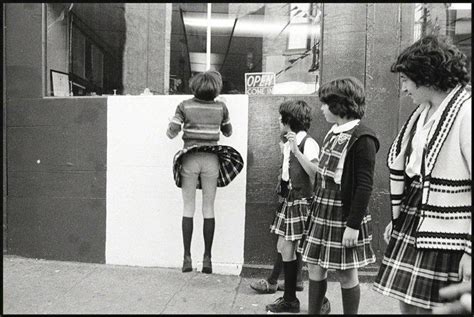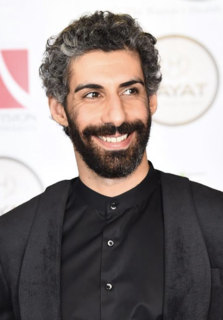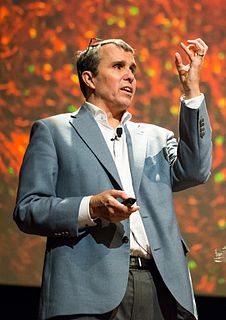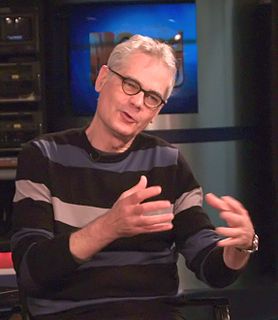A Quote by Joel Meyerowitz
I think about photographs as being full, or empty. You picture something in a frame and it's got lots of accounting going on in it-stones and buildings and trees and air - but that's not what fills up a frame. You fill up the frame with feelings, energy, discovery, and risk, and leave room enough for someone else to get in there.
Related Quotes
Photography has always been capable of manipulation. Even more subtle and more invidious is the fact that any time you put a frame to the world, it's an interpretation. I could get my camera and point it at two people and not point it at the homeless third person to the right of the frame, or not include the murder that's going on to the left of the frame. You take 35 degrees out of 360 degrees and call it a photo. There's an infinite number of ways you can do this: photographs have always been authored.
There in front of me was the Senator on the floor being held by the busboy. There was nobody else around, and I made my first frame, and I forgot to focus the camera. The second frame was a little more in focus... then just for a second, while everything was open, the busboy looked up, and he had this look in his eye. I made that picture, and then suddenly the whole situation closed in again. And it became bedlam.(On the 1968 shooting of U.S. presidential candidate Bobby Kennedy.)
You tend to compose things more in the middle of frame in 3-D than you would in a conventional frame. You can really see composition in 2-D but in 3-D your composition is much more complex. Everything has to be artificially enhanced. But you do gain something else with 3-D: you have a sense of space and heightened reality.


































